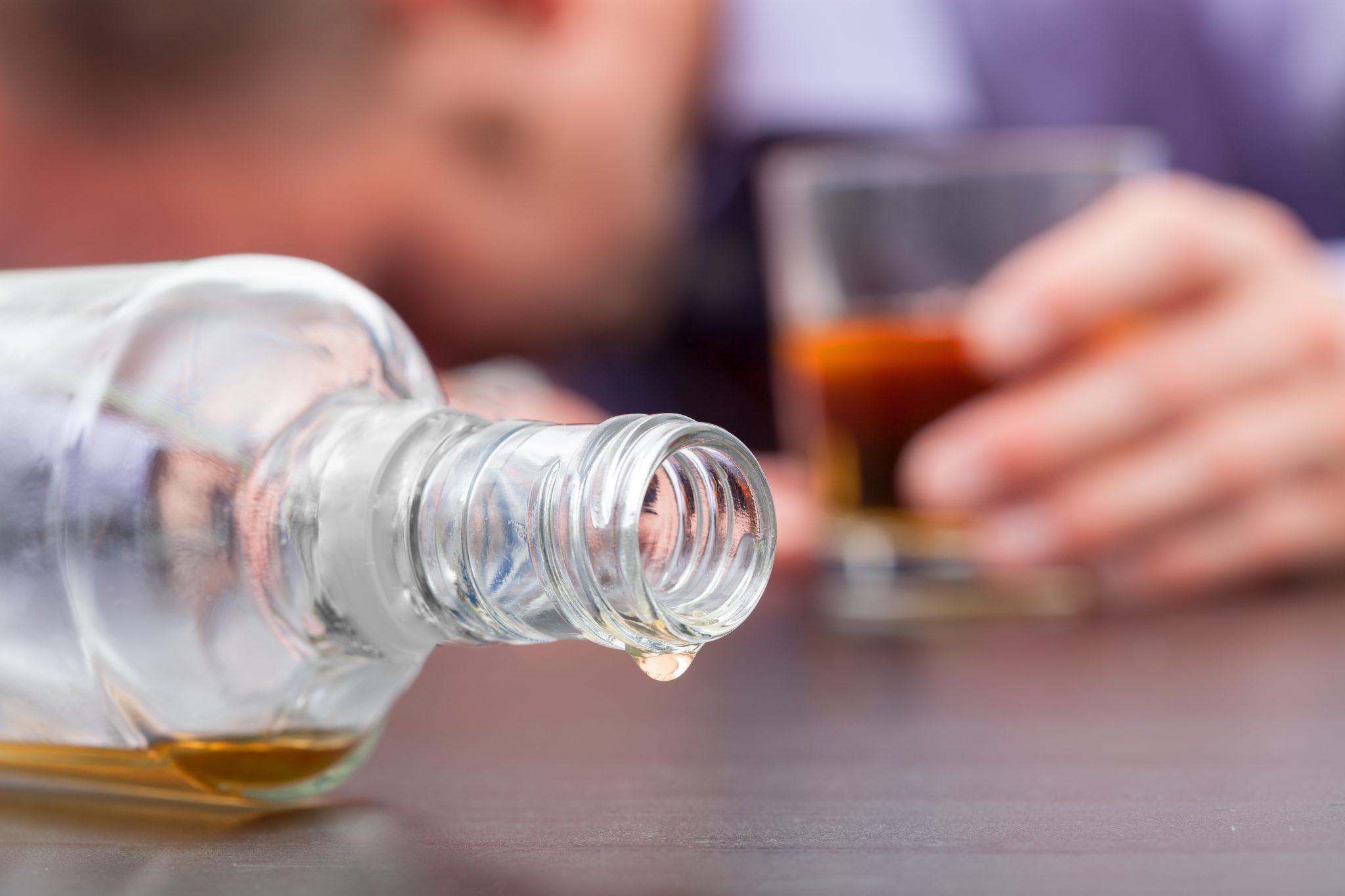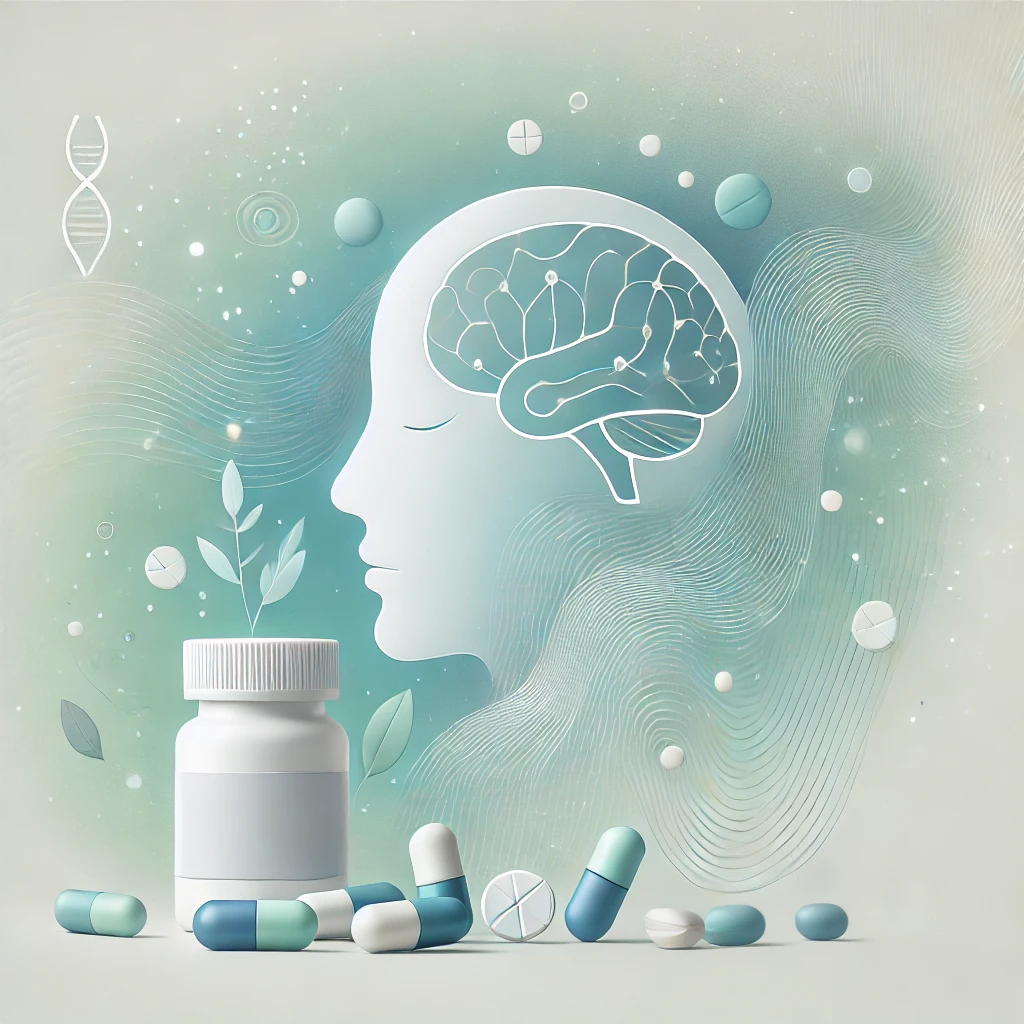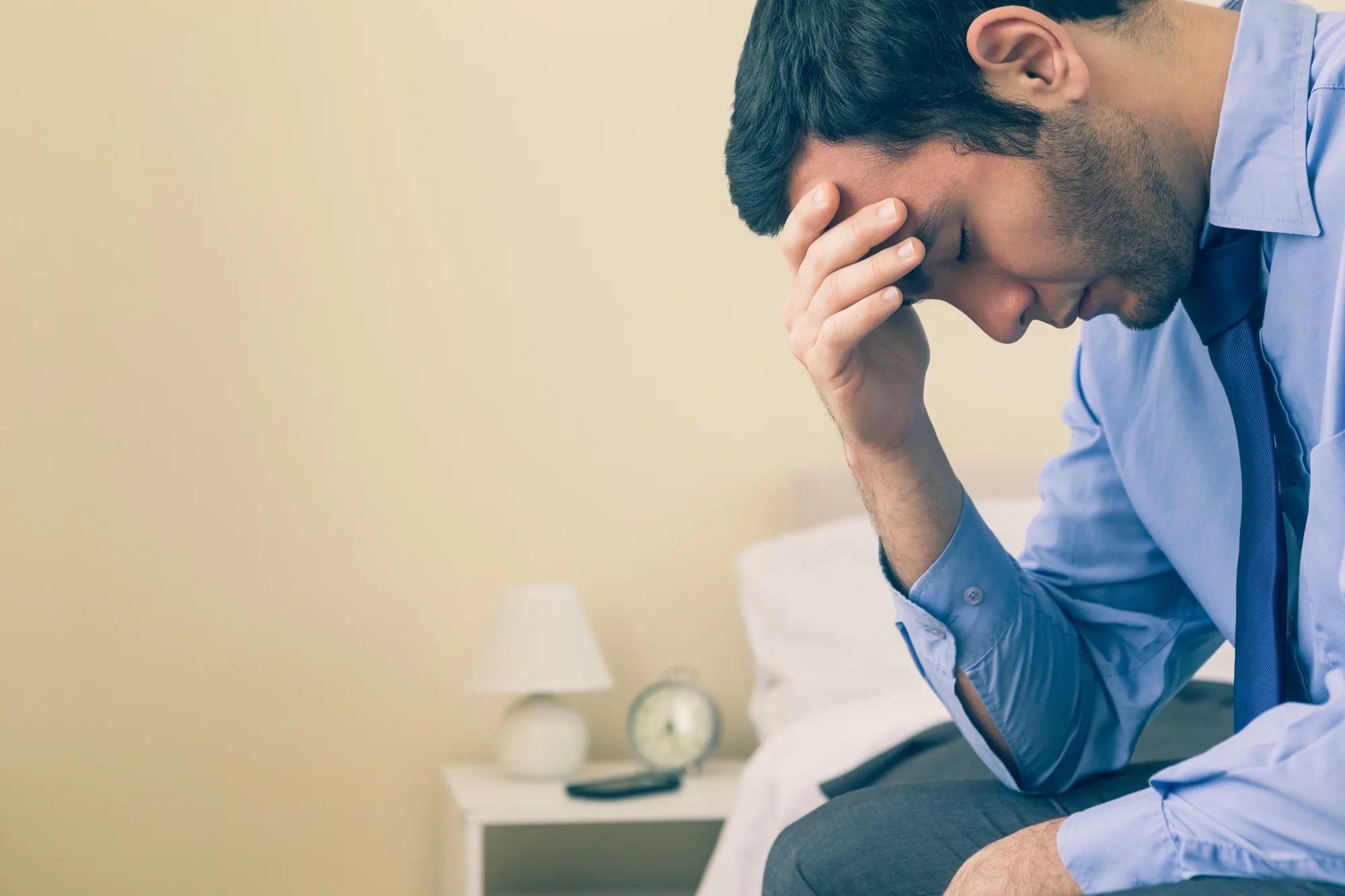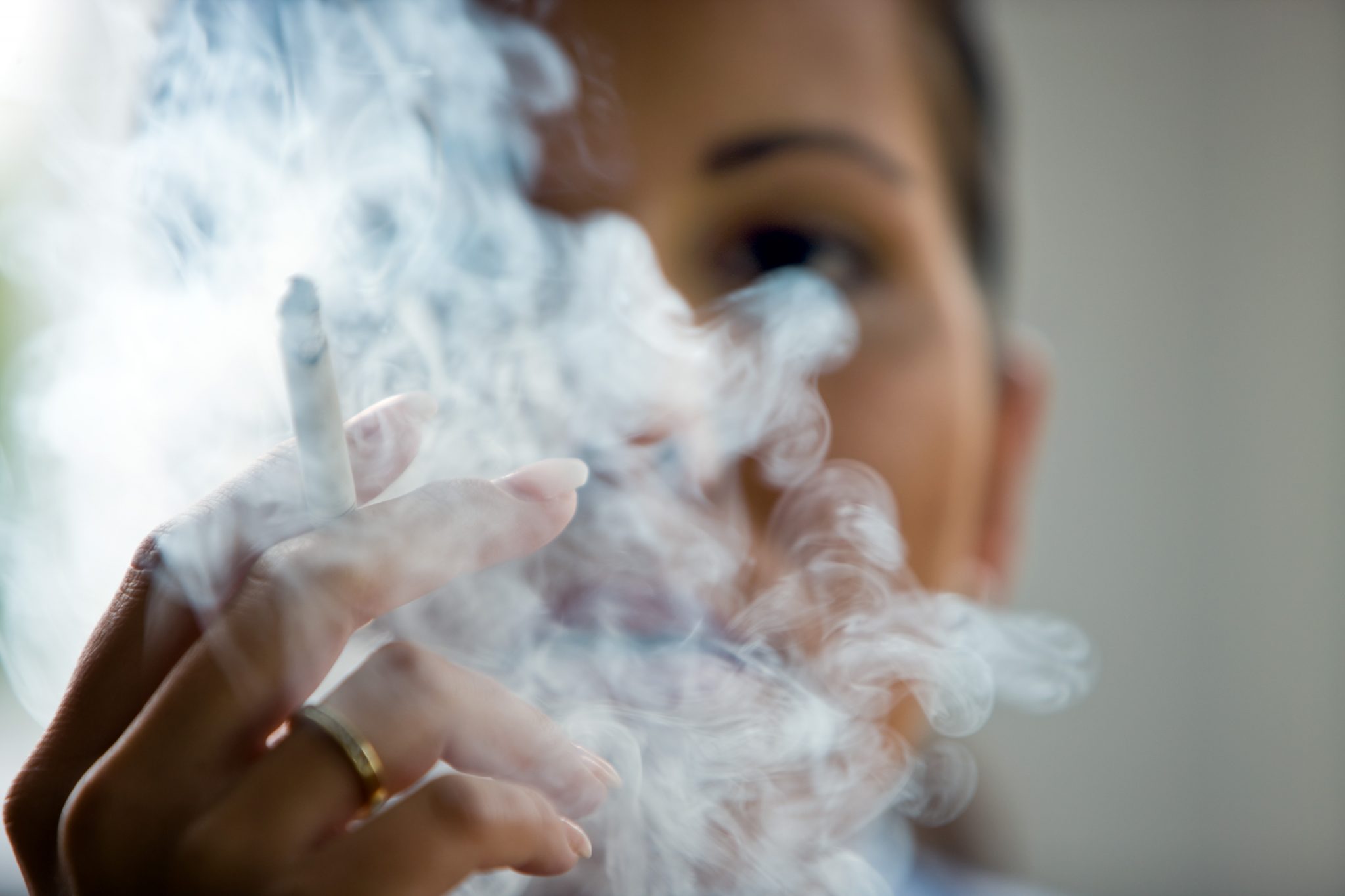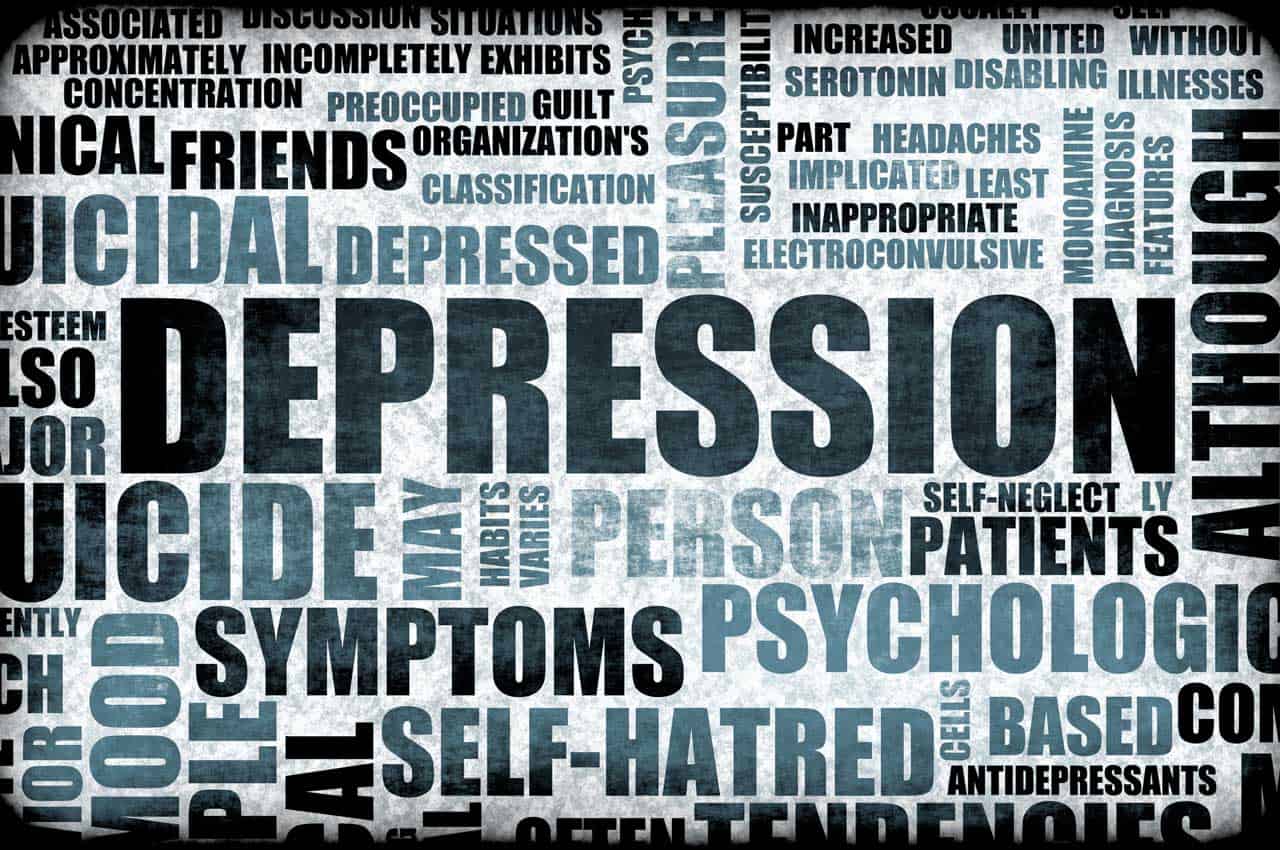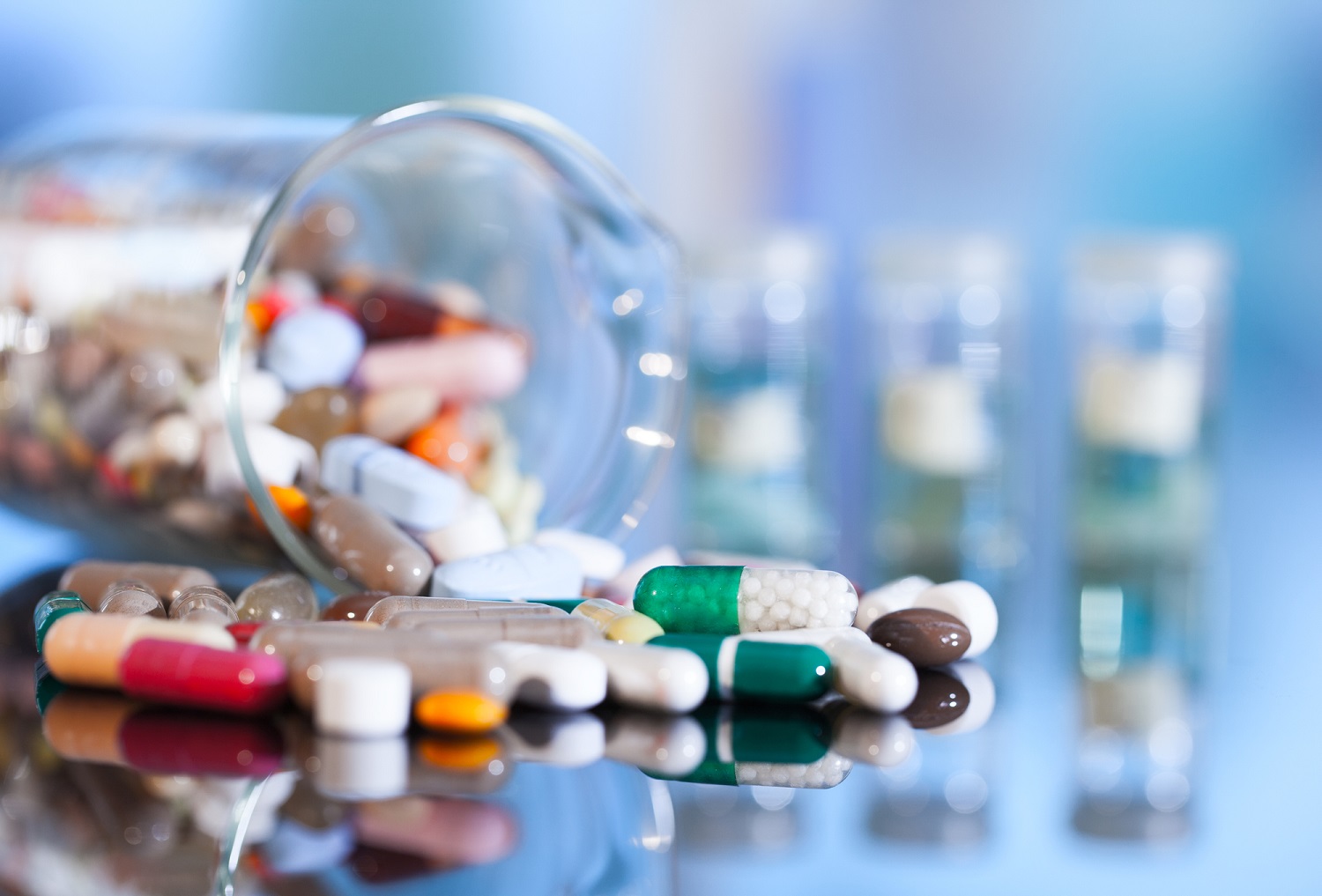Many people choose to drink alcohol to alleviate their symptoms of depression. And at first, it may seem like it’s working. When they start drinking, they feel energized, happy, confident, and even carefree. However, after a while, they’ll start to feel drowsy, irritable, foggy, and confused. While alcohol may alleviate some depression symptoms in the short term, these effects don’t last, and aren’t sustainable. Once they start feeling these negative effects, some people choose to keep drinking in order to feel better. This can quickly lead to a dangerous cycle of alcohol abuse that can damage relationships, cause financial trouble, and ultimately make them feel worse in the long run. Alcohol can exacerbate depression in many ways; understanding its full effects starts with understanding how it interacts with neurotransmitters in the brain.
How Alcohol Affects Your Brain
When alcohol enters your body, it interacts with a variety of neurotransmitters in the brain, leading to the mental and emotional effects you experience. Alcohol is relatively unique in that it acts as both a stimulant and a depressant; this is because it interacts with both excitatory and inhibitory neurotransmitters. When first taken, alcohol increases the levels of dopamine and serotonin, two excitatory neurotransmitters. This leads to improved mood and increased energy that initially makes you feel happy and excited.
After some time, your brain will adapt to the increased levels of dopamine and serotonin and start to produce fewer of these neurotransmitters to try to restore balance in your brain. This generally causes a plummet in your mood, and marks the turning point when alcohol begins to act as a depressant. As its initial effects wear off, alcohol binds to GABA receptors, mimicking the activity of the inhibitory GABA neurotransmitter. At low levels, this causes a pleasant effect that can make you feel relaxed. But at high levels, the overstimulation of GABA receptors causes excessive drowsiness, unconsciousness, blackouts, and memory loss. While this is happening, alcohol also blocks the release of another neurotransmitter, glutamate, which adds to feelings of fatigue and lethargy.
So, although in the short term, alcohol can be energizing and even euphoric, these stimulating effects wear off quickly, and the depressant effects of alcohol take over. This is why alcohol doesn’t actually make you feel better in the end, and the more you drink, the more you will experience those inhibitory effects.
How Alcohol Abuse Worsens Depression
In addition to the fact that drinking alcohol doesn’t actually improve your mood, regular drinking can worsen depression in a variety of ways:
- Reduces norepinephrine and serotonin levels: Frequent drinking lowers your brain’s baseline levels of serotonin and norepinephrine, neurotransmitters that regulate mood. This causes users to feel irritable, anxious, lethargic, and, well, depressed.
- Lowers folic acid levels: Alcohol can reduce the body’s amount of folic acid, which aids in producing red blood cells. Folic acid deficiency can lead to anemia, and is commonly associated with depression and an increased risk of dementia and Alzheimer’s disease.
- Encourages isolation: Using alcohol as a coping mechanism typically leads users to drink alone, and frequent drinking can put a strain on healthy relationships. This can lead individuals to feel isolated, worthless, guilty, or hopeless.
- Disturbs sleeping patterns: Alcohol can cause insomnia or hypersomnia, interfering with regular sleep patterns. Disrupting healthy sleep patterns makes it harder for the brain to restore chemical balance and regulate mood.
- Can disrupt healthy habits and routines: Consuming alcohol regularly often interferes with other healthy routines that an individual has developed, such as regular physical activity, a balanced diet, and as described before, social interaction and sleep. Disrupting healthy routines can put a significant strain on people with depression, as these habits are often imperative to coping with and overcoming depression symptoms.
- Leads to impulsive behavior: As alcohol impairs judgement, it can lead to impulsive decision-making that ultimately makes the user feel guilty or worthless.
- Can cause economic stress: Drinking frequently can lead to additional financial stress that may worsen depression symptoms.
